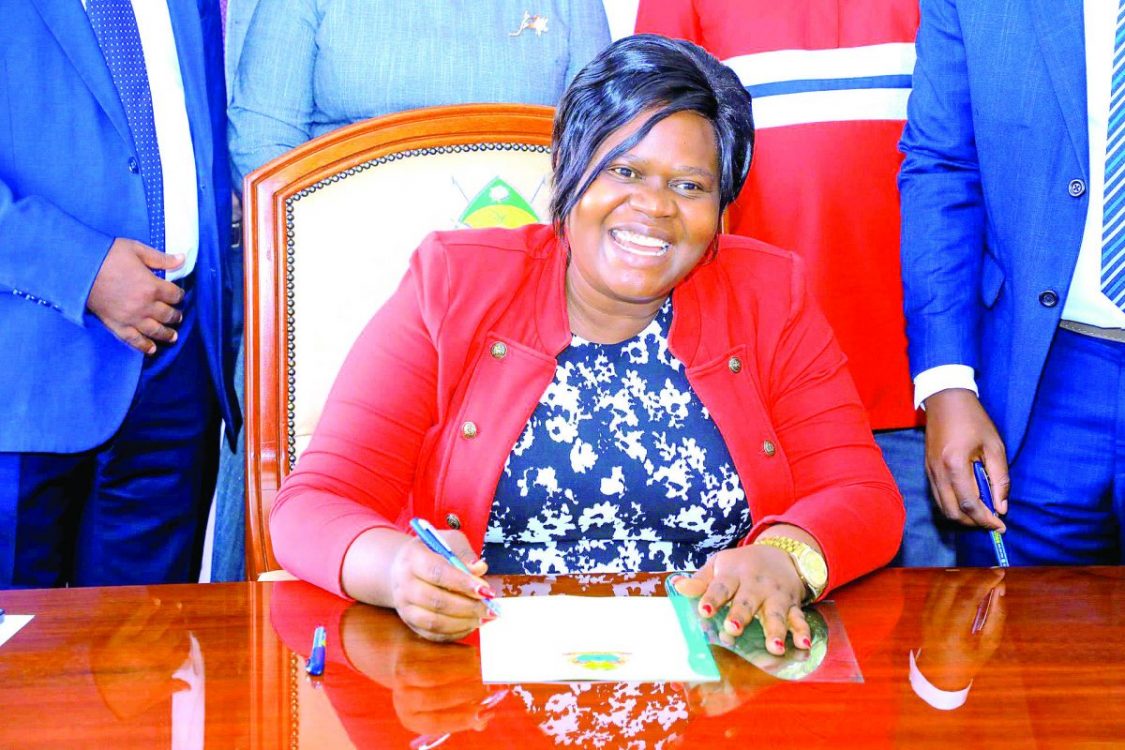Full Article:
According to the latest report by Controller of Budget Margaret Nyakang’o, all 47 counties have accumulated pending bills totalling KSh172.51 billion as of 31 March 2025. The Senate, chaired by Senator Moses Kajwang’ (Homa Bay), is now demanding a comprehensive audit of these debts, particularly historical ones owed to small traders, and stricter enforcement against counties delaying or evading payments.
The CPAC sessions, scrutinising audit queries for the financial year ending June 2024, revealed harrowing stories of SME suppliers and contractors who remain unpaid for goods and services delivered to counties. Some suppliers, who secured bank loans to fulfil contracts, are still awaiting payment more than ten years later, facing bankruptcy and loss of livelihoods.
Tharaka Nithi: The county owes KSh400 million in pending bills. Sophia Enterprises, which supplied foodstuffs to Chuka Hospital in the 2014–15 financial year, has submitted multiple invoices but remains unpaid. Senator Kajwang’ questioned, “How can one person have five invoices from 2014 and you fail to pay even one?”
Garissa: With pending bills exceeding KSh2.4 billion, the county has paid only KSh500,000 of a KSh1.6 million debt owed to a supplier since 2014, while spending on non-essential projects like renovating national government houses.
Systemic Mismanagement and Favoritism
Senators expressed outrage over the preferential treatment of wealthy contractors, who secure multimillion-shilling tenders and receive prompt payments, while small traders, some owed as little as KSh150,000, are left waiting. “It’s unacceptable that county governments reward big firms while small traders, who often take loans to deliver, are left to suffer,” one senator remarked.
In Tharaka Nithi, Governor Muthomi Njuki claimed the county is still verifying deliveries, despite suppliers providing invoices, delivery notes, and LSO numbers. Kajwang’ challenged this, asking, “For ten years, you’re still verifying whether someone delivered meat to a hospital? This is unjust.” Similarly, Garissa’s Governor Nathif Jama faced criticism for failing to prioritise payments from his first tenure, with Kajwang’ stating, “If you’re holding onto bills from 2013–14, you’re fake.”
The non-payment crisis has devastated SME suppliers, many of whom have lost businesses, homes, and livelihoods. Senator Kajwang’ highlighted the tragic human toll, noting, “Some affected contractors have ended up taking their own lives.” The Auditor-General’s report further exposed systemic issues, including KSh87 billion unaccounted for across counties and KSh13.26 billion in cancelled transactions meant for verified suppliers in 2023/24.
The Senate is pushing for immediate action to address the crisis:
- Comprehensive Audit: A detailed review of all pending bills, focusing on historical debts owed to SMEs, to ensure transparency.
- Stricter Enforcement: Measures to penalise counties that delay or evade payments, holding governors accountable as accounting officers.
- New Payment Platform: A proposed system, delayed due to IFMIS issues, aims to prevent unapproved transactions and prioritise verified claims.
The unpaid bills crisis underscores the need for robust financial management in Kenya’s counties. SMEs, vital to the economy, deserve timely payments to thrive. As pressure mounts on governors and finance executives, stakeholders are calling for systemic reforms to prevent fund diversion and ensure justice for affected suppliers.
[/full]





